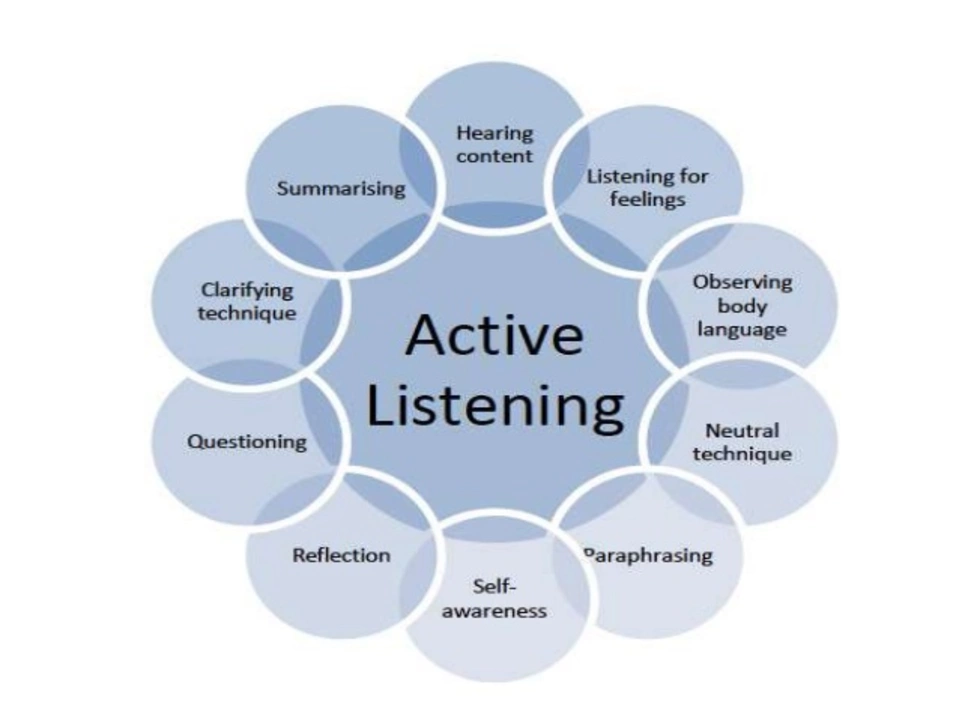Understanding Medications: Practical Help for Safer Choices
Want to actually understand what your medicine does and how to use it safely? This page brings clear, practical tips pulled from our best articles so you can read labels, compare options, and avoid common mistakes. No nonsense — just the facts you need to make smarter decisions about treatments, online purchases, and special situations like pregnancy or kids.
Read drug info the smart way
Start with the basics: active ingredient, common uses, typical dose, and major side effects. If an article lists only brand names, look up the active ingredient — that’s what matters across brands. Check interaction warnings and whether a drug is prescription-only. For example, a piece comparing albuterol and levalbuterol focuses on onset time and side effects, not marketing names, which helps you pick the faster rescue inhaler when seconds count.
Look for clinical data or clear references. Articles that cite trial results, dosing ranges for age groups, or official guidelines are more useful than vague claims. Our pages about pediatric alternatives to albuterol and nasal sprays in pregnancy summarize dosing and safety so you can ask the right questions to your clinician.
Choosing alternatives and weighing risks
Want a substitute for a drug like Diclofenac or Amoxil? Don’t guess — compare mechanisms, side effects, and who should avoid them. For pain meds, weigh stomach and heart risks. For antibiotics, match the drug to the likely bacteria and resistance patterns. Our alternative guides list pros and cons so you and your provider can choose what fits your situation.
Natural or lesser-known options appear promising, but treat them like any medicine: check for interactions and real evidence. We summarize what studies show for items like willow bark or DMSO and explain where they might help and where they won’t.
Shopping online? Use caution. Articles on buying Toprol, Nifedipine, or steroid products explain how to spot legit pharmacies: look for clear contact details, valid prescriptions, verified reviews, and secure checkout. Red flags include prices that are too low, no prescription requirement, and poor contact info.
Special situations need special rules. Pregnancy, dementia, kidney failure, and mental health each change how drugs work and what’s safe. Our content on pregnancy nasal sprays, Exelon for dementia, and renal failure mental health gives targeted tips so you can discuss real options with a clinician instead of guessing from a forum.
If you want quick next steps: read the active ingredient, check dosage and major risks, confirm source credibility, and ask your healthcare provider one focused question — for example: “Is drug X or Y safer for my heart and stomach?” That single question opens a useful, specific conversation.
Browse the tagged articles below to learn more about specific drugs, safe buying, and real alternatives. Use the knowledge to ask better questions and get treatment that fits your life.

